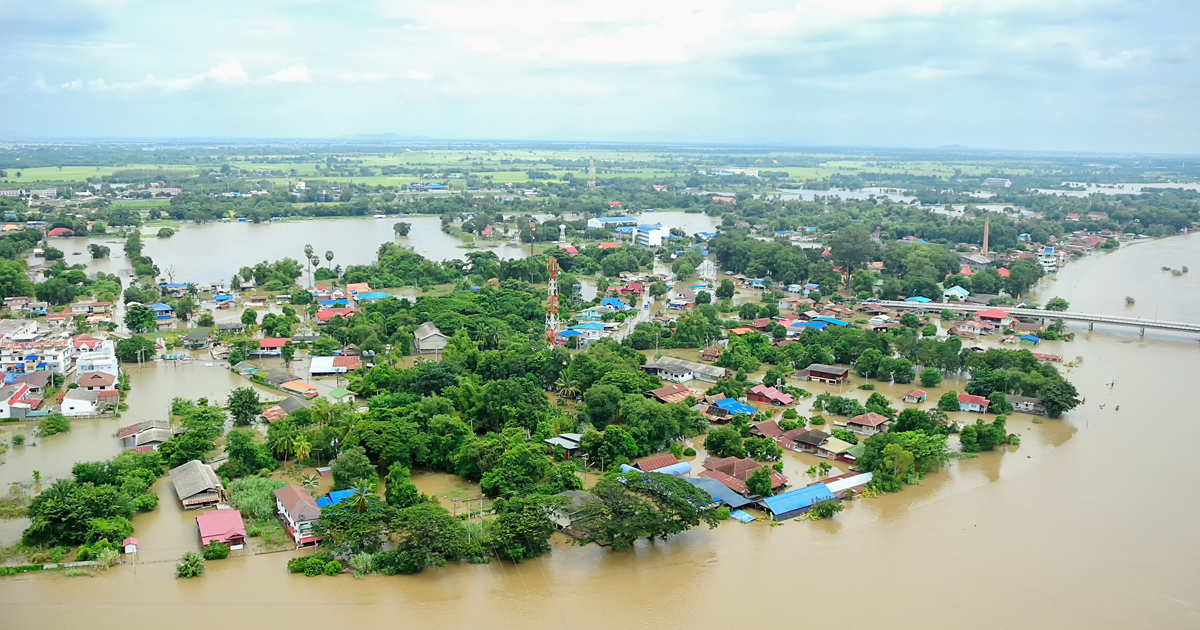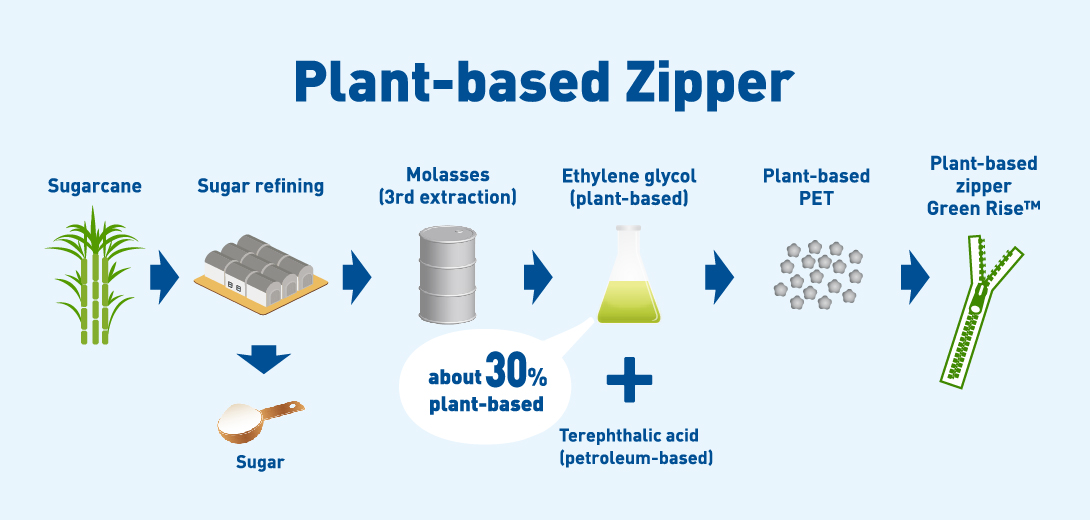Accelerating climate change and its impact on the world
In 2018, it seemed that we were feeling the effects of climate change more than ever before. Record heat waves continued around the world, serious damage was reported due to forest fires in Europe and America that were sparked by dry weather, and there were major floods in India, Japan, and East Africa.
The non-profit research institution Berkeley Earth reported that in 2011, average surface temperatures were 1.5℃ higher compared to 250 years prior*1.
In a special report, the Intergovernmental Panel on Climate Change assessed the impact of 1.5℃ and 2.0℃ increases of the global mean surface temperature (GMST) compared to levels seen in 1890 to 1900. According to the analysis, a 2.0℃ increase would cause sea levels to rise 20 cm by 2050 and affect the lives of between 128 and 139 million people. The report also detailed the impact on animals and plants, including enormous damage to the world's coral*2.

In forecasting the risks posed by global warming, the report proposed that by 2030, countries should aim to reduce total worldwide carbon emissions—believed to be the cause of global warming—to 45% of 2010 levels, and to eliminate the use of coal. Additionally, the report called for total global greenhouse gas emissions to be substantially reduced to zero*2 by 2050, and urged that countries, governments, corporations, individual citizens, and others cooperate across sector boundaries and work actively to meet these goals.
Reassessing supply chains and resources as a climate change countermeasure
In response to these issues, there is a redoubling of efforts aimed at achieving sustainability within the fashion industry. At the Copenhagen Fashion Summit, which brings together people involved in global brands, we have seen movement toward making fashion more environmentally friendly. In 2018, discussions about making fashion more sustainable were held, and the Innovation Forum was introduced, a new sustainable solutions platform.
Further, in December 2018 at the 2018 United Nations Climate Change Conference (COP24), the apparel industry announced the Fashion Industry Charter for Climate Action, a climate change charter signed by industry organizations and approximately 40 major global apparel companies. The charter supports the goals of the Paris Agreement in limiting global temperature increase to less than 2℃, and puts forth concrete objectives that include a 30% reduction in aggregate greenhouse gas (GHG) emissions (including those in the Scope 3 standard) by 2030 compared to a baseline from 2015 or later, and achieving climate neutrality by 2050.
YKK plant-based zippers
At YKK, we are working to reduce carbon emissions in order to combat global warming.
One part of this effort is our GreenRise™ zipper, the first in the industry to use plant-based plastic.
The product aims to reduce the carbon footprint of zippers by using sugarcane, which absorbs carbon from the atmosphere via photosynthesis as it grows.
As well, using about 30% plant-based material contributes to a reduction in fossil fuel consumption.

At YKK, we continue to reduce carbon emissions in our manufacturing processes. Carbon emissions occur directly due to manufacturing (Scope 1), indirectly from factory energy consumption (Scope 2), and from material procurement and transportation (Scope 3). We are putting actual numbers on these emissions and setting concrete goals for their reduction.
These initiatives are being carried out globally. At YKK Bangladesh Pte. Ltd., a hybrid power generation system that combines solar power and diesel power generation was introduced in 2016, which has reduced fuel use by 90,000 liters and carbon emissions by 265 tons per year.
As a result of such initiatives, our Fastening Business has reduced carbon emissions by 8.9% (estimated) in FY2018 compared to FY2013.
Going forward, at YKK we are determined to fulfil our responsibilities as a company by undertaking various initiatives to reduce carbon emissions and so contribute to the fight against global warming.